Coalition to thwart climate safeguard overhaul
Resistance from the Coalition and the Greens to the government’s revamped safeguard mechanism is threatening to derail its passage through the parliament.
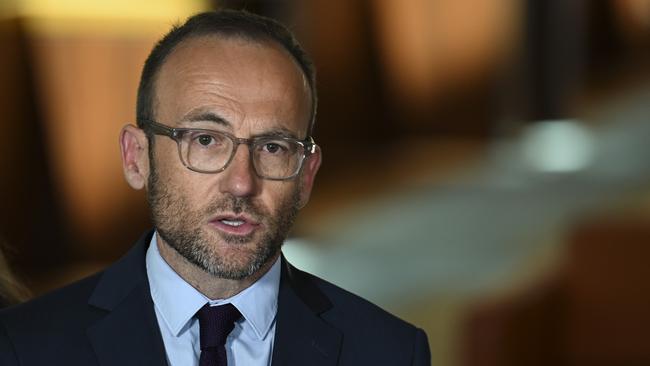
Resistance from the Coalition and the Greens to the government’s revamped safeguard mechanism is threatening to derail its passage through the parliament, in what is shaping up to be Anthony Albanese’s first major test in the upper house for the new year.
The Coalition confirmed on Tuesday that it would oppose Labor’s overhaul of the safeguard mechanism, saying the cost of “one of the world’s biggest carbon taxes” would be passed on from industry to consumers.
Greens leader Adam Bandt said his party, whose support will be crucial now the Coalition opposes the measure, could not support the legislation if it was used by the government to open up new coal and gas projects.
“The government’s proposed safeguard mechanism is a law to allow more coal and gas projects with these big corporations just buying some pollution permits and tree-planting permits to supposedly offset their pollution,” Mr Bandt said.
“Is Labor’s desire to open new coal and gas mines so strong that they’re willing to derail their own climate policy?
“Labor has to decide, if it wants the Greens support for the safeguard mechanism, what it is doing about new coal and gas projects. Because the Greens will not support the safeguard mechanism being used to open up new coal and gas.”
Without the Coalition’s support, the government must win over the Greens and two crossbenchers to push legislation through the Senate.
The Jacqui Lambie Network, ACT senator David Pocock and One Nation are still considering the legislation.
Energy Minister Chris Bowen in January unveiled the government’s plans to reform the Coalition’s safeguard mechanism, which involves the creation of a carbon-trading scheme for heavy industry with credits to be capped at $75 a tonne.
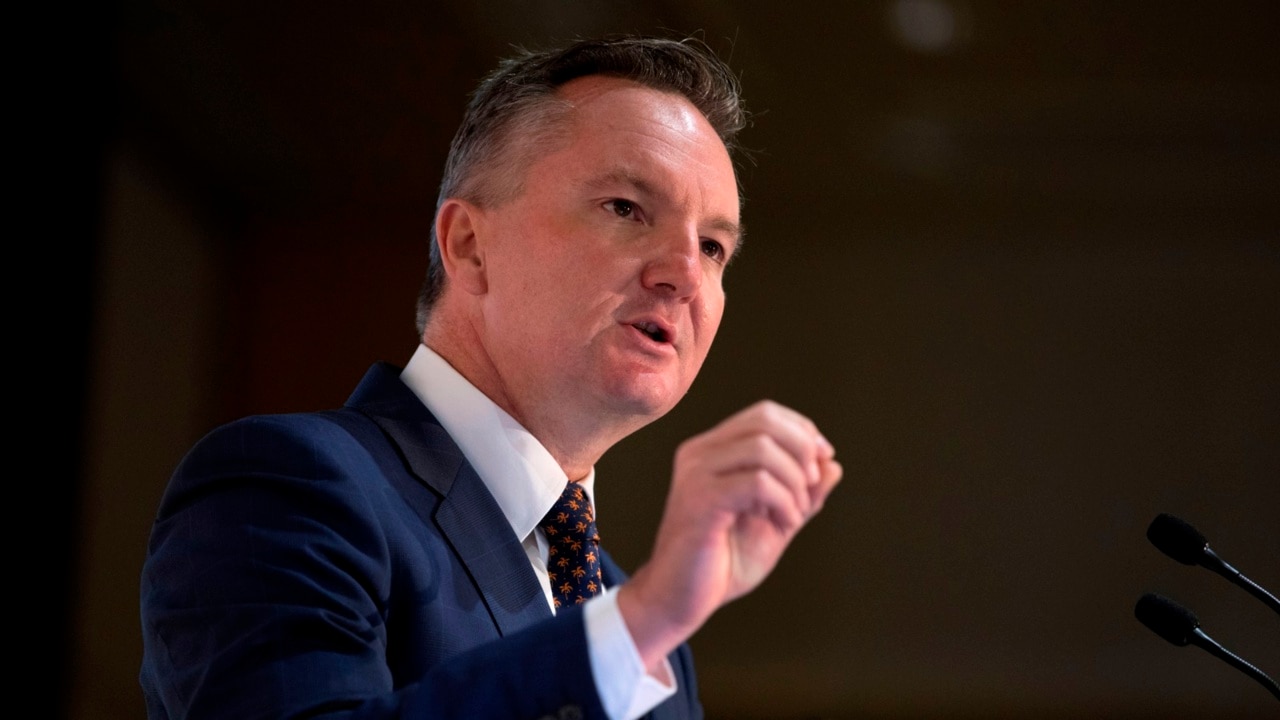
Under Labor’s proposal, due to start in July and capturing coalmines, gas fields, aluminium smelters and cement plants, 215 industrial facilities across the country would have to increase their emissions reductions.
Businesses that underperform on reductions could offset emissions by purchasing carbon credits from industrial users ahead of their targets, or by purchasing Australian Carbon Credit Units issued by the government for carbon-abatement projects.
Opposition energy spokesman Ted O’Brien said some manufacturers would “survive the tax by passing the cost on to consumers while others will shut their doors or offshore their operation to higher emitting nations like China or India”.
“The Albanese government is yet again rushing towards a major reform – this time, one of the world’s biggest carbon taxes – without modelling the impact on businesses, workers and regional communities,” Mr O’Brien said.
“Australian jobs will be lost, regional areas will lose their industries and the country will lose competitive advantage and sovereign capability.
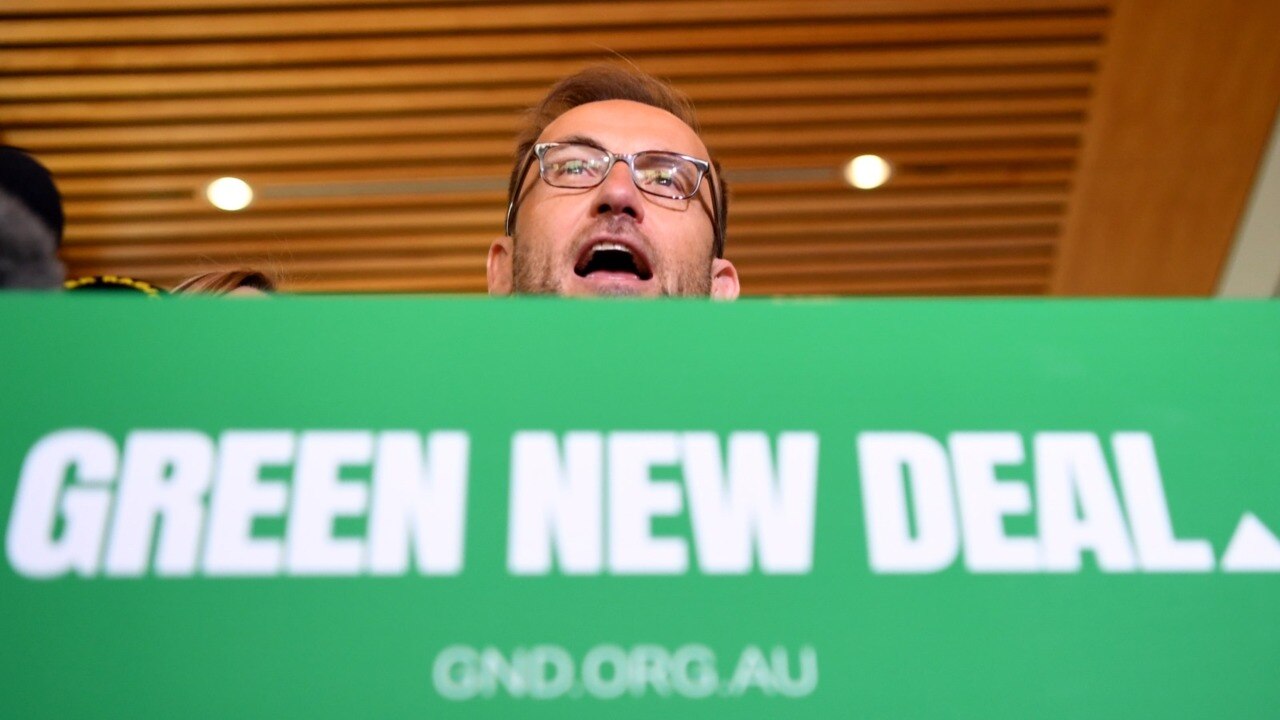
“The Coalition will not support government policy that aims to decapitate the economy instead of decarbonising it, and we will not support the outsourcing of emissions that should be reduced by backing technology, engineering and enterprise.”
Mr Bowen put out a one-word statement in response to the Coalition’s rejection of the reformed safeguard mechanism, which is before the House of Representatives: “Hypocrites.”
He was also approached for comment on the Greens’ position, as Mr Bandt pledged to engage in “good faith discussions.
A Coalition spokeswoman expected the NRF would be rushed through a “quick and dirty” Senate inquiry but the opposition was still plan to forward amendments.


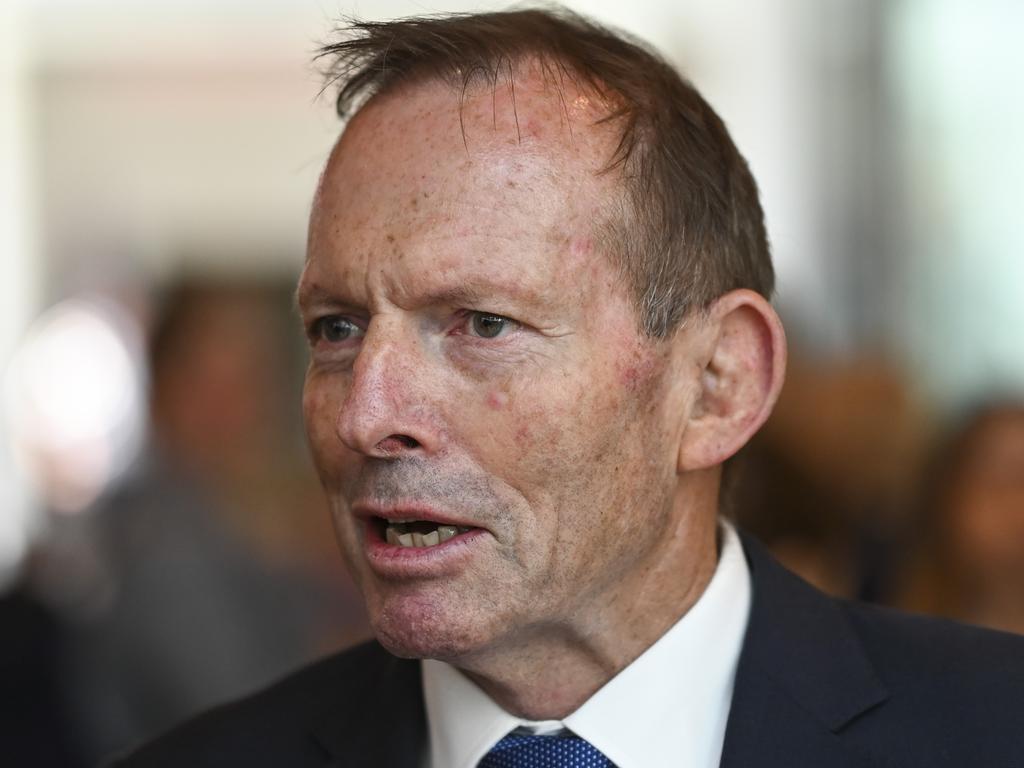




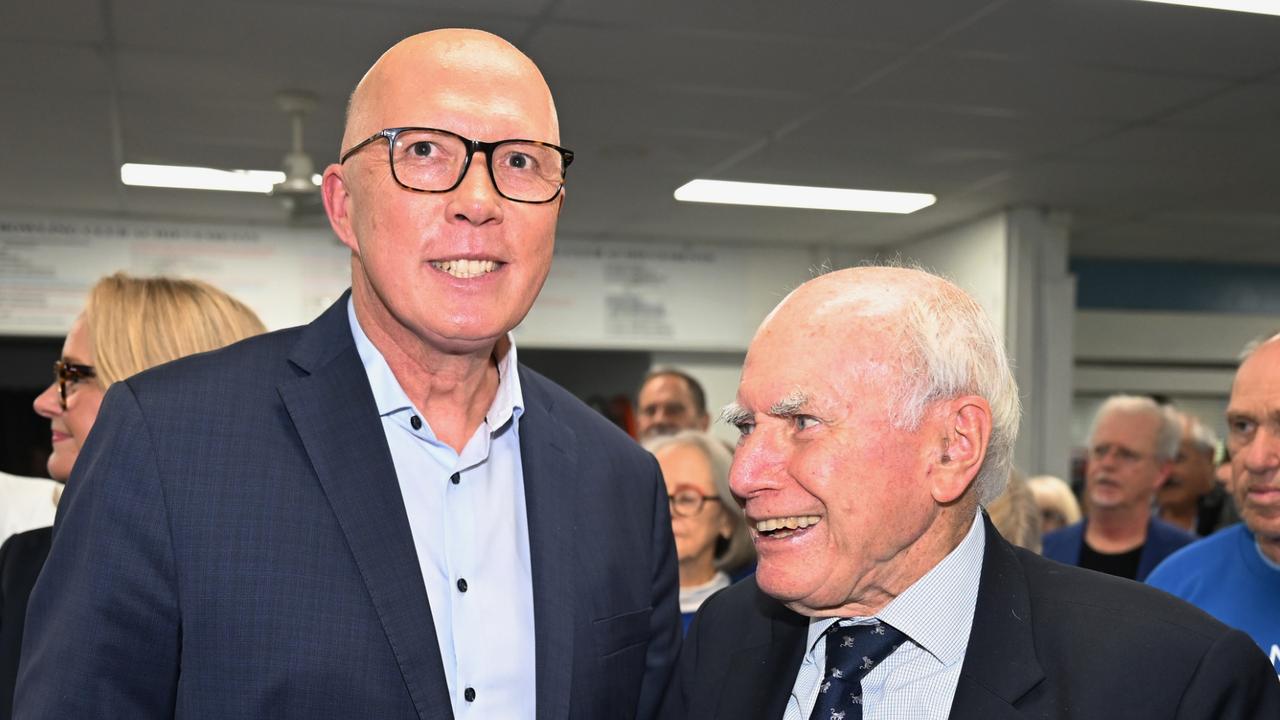
To join the conversation, please log in. Don't have an account? Register
Join the conversation, you are commenting as Logout